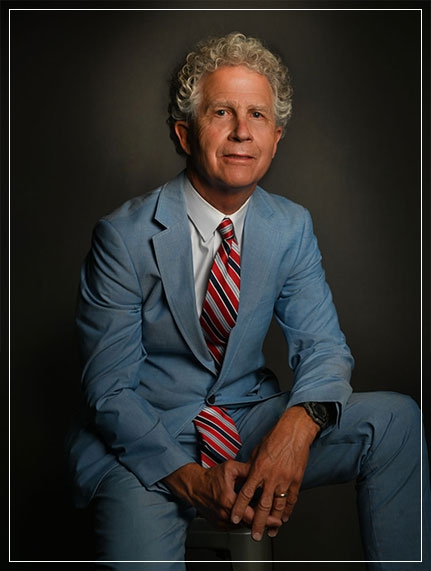![cell phone tracking by Arizona law enforcement | Arizona criminal defense lawyer]() Arizona Cellphone Tracking: Is It the Cops’ New Best Friend?
Arizona Cellphone Tracking: Is It the Cops’ New Best Friend?
Placing a suspect at a criminal event is often a big part of it of any case. Many times there are no eyewitnesses. Many times there are no surveillance cameras. Many times there is conflicting eyewitness account. There can be alibi evidence.
But on an increasing basis, placing suspects at the scene has become the province of man's best friend: the cell phone.
How Does Cellphone Tracking Work?
Cellphones are nothing without cell towers. Reception is everything. Even when a phone is at rest, but especially when it is placing a call, it is connecting and "pinging" off of nearby towers. That experience is constantly recorded by the cellphone provider. The record of that contact can be produced and made available as evidence. It literally presents a roadmap of where the cellphone has been and when.
How Accurate Is Cellphone Tracking?
According to current science and experts in the field, cellphone tracking is persuasively accurate, especially in rural areas.
Perhaps more importantly, jury work has shown that the average person believes cellphone tracking is infallibly accurate. So not like DNA, but very important.
Can Cellphone Tracking Be Forensically Challenged in Arizona?
Both the Arizona prosecution and defense can call experts to try to build up or tear down the importance of cellphone tracking technology. But at the end of the day, it is likely the evidence will be admitted and the argument will be, how much weight to give it.
So the moral of the story is this: if someone is about to go out and commit a crime, leave the phone at home. If the phone wasn't left at home, and cellphone tracking technology is an issue in any pending prosecution, call (it’s ok to use your cellphone) the experienced attorneys at Griffen and Stevens. We have fought this fight and will do so for you.
